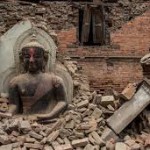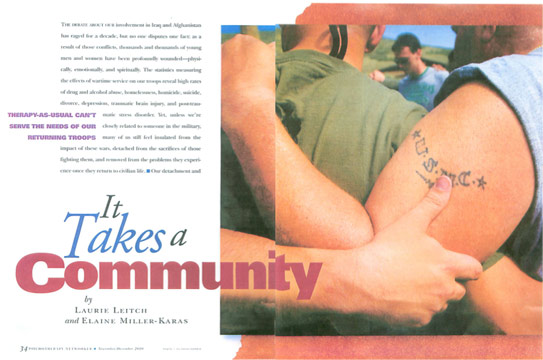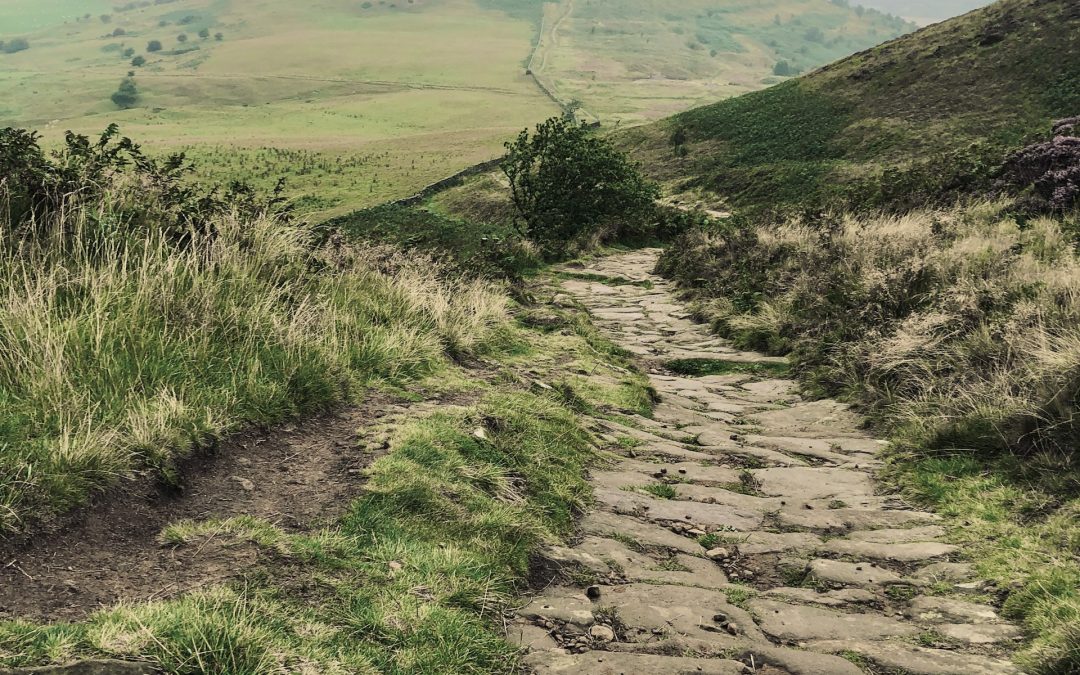 On April 25, 2015 a huge 7.8 magnitude earthquake devastated Nepal and was followed by more than 240 aftershocks, one of which was a 7.3 magnitude. The death toll is in the many thousands (8,500 at a minimum) with many thousands injured, and reports say that 2.5 million are homeless. Spiritual treasures were destroyed as well as more than 10,000 schools.
On April 25, 2015 a huge 7.8 magnitude earthquake devastated Nepal and was followed by more than 240 aftershocks, one of which was a 7.3 magnitude. The death toll is in the many thousands (8,500 at a minimum) with many thousands injured, and reports say that 2.5 million are homeless. Spiritual treasures were destroyed as well as more than 10,000 schools.
Listening to the descriptions of rescue efforts in Nepal, attempts to reach rural areas when the roads have been destroyed, the joy when someone is found and pulled alive from the rubble brought back memories of my time in China, Haiti, and Japan following disasters there. I remember one night having dinner in Tokyo and everyone had an “Aftershock App” which buzzed to give a warning that an aftershock was about 10 minutes from happening. One of the hotels we stayed in in China had a huge crack across my room so wide that rain came pouring through. In Haiti the camps for displaced people were so crowded it was almost impossible for people to walk between tarps and tents…and there were tents down the median strips of the badly damaged, debris-filled roads. It was in New Orleans after Hurricane’s Katrina and Rita that I realized there was a formal name for what happens when the actual disaster is over. The term “disruption trauma” is a powerful reminder that natural disasters aren’t over when the event itself stops….there are months and sometimes years where people live in the devastation, seeing it daily, remembering what used to be there, and often are exploited in one way or another (by insurance companies in New Orleans, by land grabs in southern Thailand after the tsunami, and too many other examples to mention here).
In June, July and October 2015 Threshold GlobalWorks, in partnership with Second Response, and The International Center for Mental Health and Human Rights, will be part of a team being sent to Nepal to offer support to children and adults using our neuroscience-based approach, The Social Resilience Model (SRM). The project is being sponsored by several organizations including the Ministry of Health and Child Reach UK/ Child Reach Nepal. More traditional “mental health” models are not appropriate so soon after catastrophic events like natural disasters; and, many groups with a communal orientation and many non-western countries do not utilize mental health services the way we do here in the United States. Their focus is much more on restoring functioning in order to be be of service in your community.
SRM’s focus on nervous system stabilization is relevant across cultures…all humans are wired the same for responses to threat and fear. We all have fight, flight, and freeze responses wired in at the brain stem level. Helping people understand that the symptoms that emerge after a large-scale traumatic event are normal can begin to diminish the distress, fear, and sometimes embarrassment about symptoms that can emerge as people attempt to put their lives back together.
Of course, information, while helpful in depathologizing symptoms, is not enough. Those of us on the team will provide several interventions: 1) Playshops which help children release traumatic energy in fun, boisterous, and manageable ways, 2) our SRM skills for self-care and peer-to-peer care which we’ll offer to parents, teachers, and communities, and 3) restorative health practices including yoga.
I always feel grateful to have an intervention to offer that is gentle, easily learned and can be used and adapted by local people. Our self-regulation skills have been used in many parts of the world both preventively as well as post-event. The important thing in responding to disasters is to take something that can be left behind, that restores natural resilience, and brings hope and dignity.

